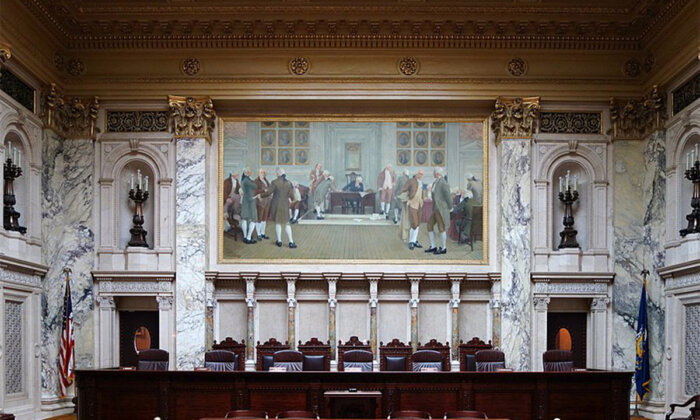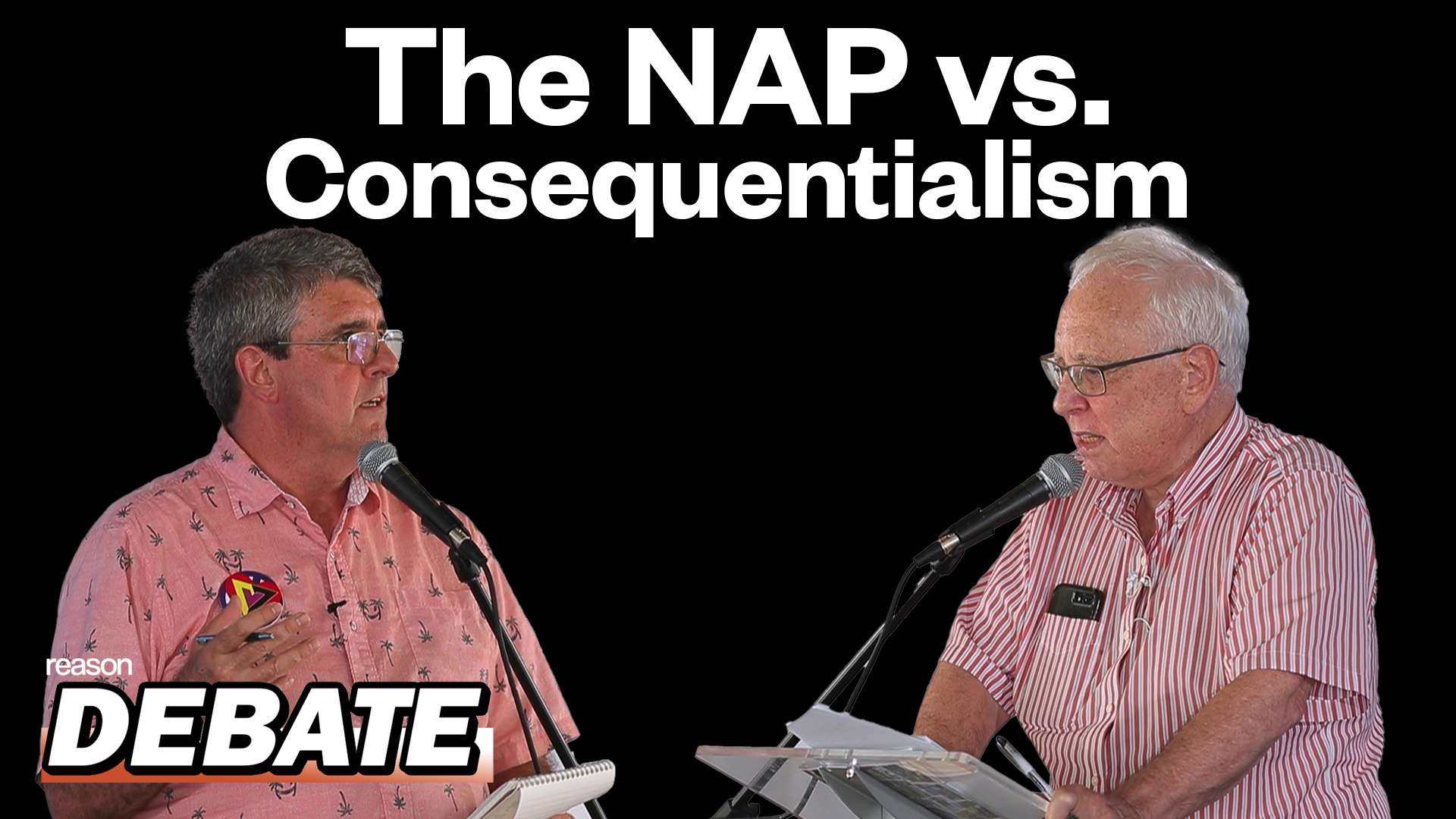The Wisconsin Supreme Court ruled on July 5 that the state Legislature’s budget committee cannot prevent Gov. Tony Evers from implementing conservation projects that have already been approved by the Legislature.
The dispute centers around the Knowles-Nelson Stewardship Program, a 1989 land conservation initiative aimed at acquiring land to expand nature-based outdoor recreational opportunities and protect environmentally sensitive areas. Administered by Wisconsin’s Department of Natural Resources, the program was slated to receive over $33 million in annual funding through fiscal year 2026.
The second statute required approval by 12 members of the Joint Committee on Finance for any amount spent on land purchases “outside of a project boundary.”
These statutes raised questions about the division of power between the executive and legislative branches. Gov. Evers contended that the Department of Natural Resources was following executive orders, while the GOP-led finance committee was exceeding its authority.
The majority opinion of the court dismissed the Joint Committee on Finance’s arguments as “unpersuasive,” emphasizing that the governor often carries out functions through administrative agencies.
“The legislature must make ‘an appropriation by law,’ but once it does so, spending money ‘in pursuance of’ that law falls within the core executive power to faithfully execute the laws,” the opinion stated.
Chief Justice Annette Kingsland Ziegler penned the dissenting opinion, questioning the decision to address only one aspect of the case and suggesting political motivations for fast-tracking it.
The governor’s case initially included other issues such as the Joint Committee on Employment Relations rejecting a pay adjustment for University of Wisconsin employees, and the Joint Committee for Review of Administrative Rules vetoing environmental regulations issued by executive-controlled agencies. These matters were deferred for later consideration by the court.
“There is no good reason why those four members of the court gave preferential treatment to part of this case, fast-tracking only one of the three issues, limiting legislative power only. What’s the rush?” Judge Ziegler wrote in her dissent.
Gov. Evers praised the decision, stating it “rightfully resets constitutional checks and balances, and restores separation of powers.”
The Epoch Times has contacted Misha Tseytlin, attorney for the Legislature, for comment.
Jackson Richman contributed to this report.







